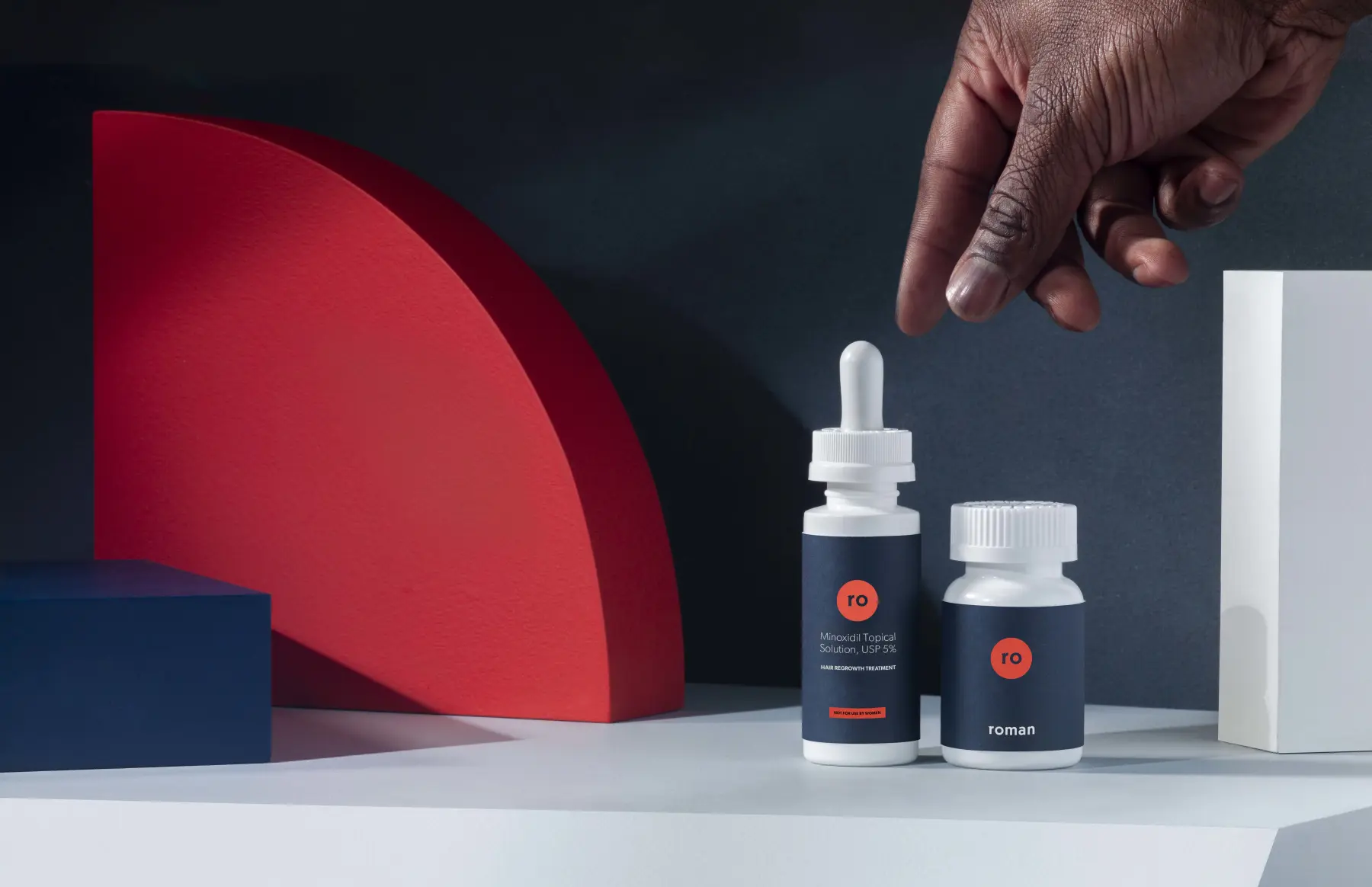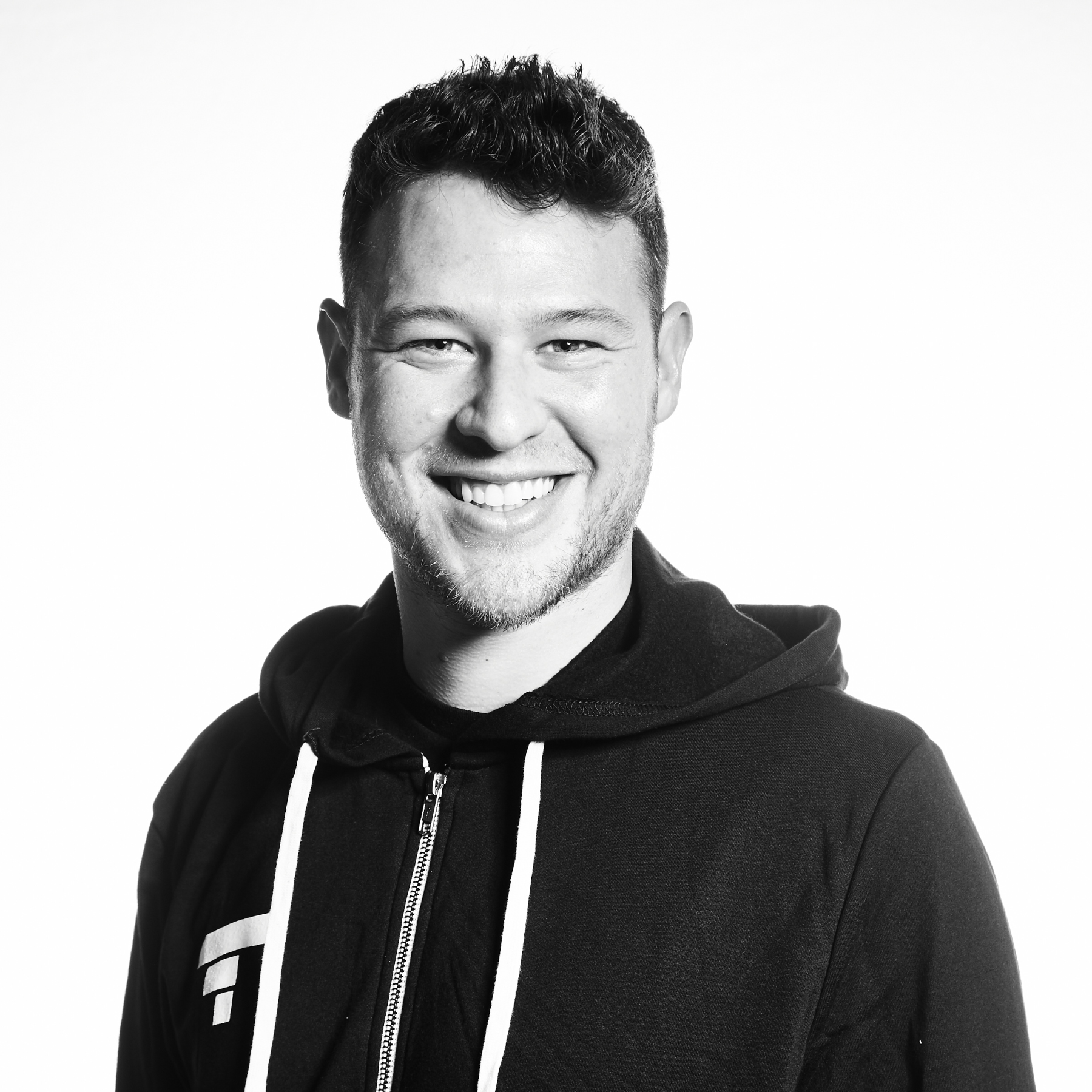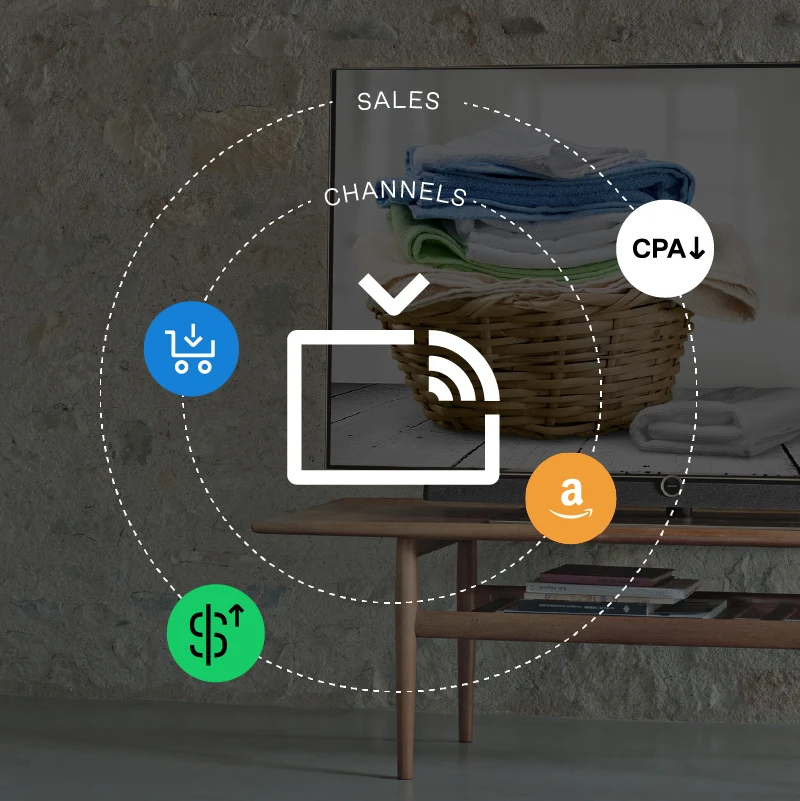
Client Spotlight: Will Flaherty at Ro
Ro is a mission-driven healthcare technology company where doctors, pharmacists and engineers are working together to reinvent the way the healthcare system works. We have two verticals: Roman, an end-to-end service for men's health starting with erectile dysfunction, often the first sign of a far more serious underlying health condition, and Zero, an end-to-end service to help people quit smoking, the leading cause of preventable death worldwide.
Tatari sat down with Will Flaherty, VP of Growth at Ro to learn more about his journey and experience with TV advertising.
Tatari: Tell us about your background and how you ended up at Ro.
A: I started my career in management consulting but I was always interested in technology and e-commerce, and I’m a die hard sports fan, so I joined SeatGeek (SG) in 2011. We found great advantages in powerful growth levers e.g. out-of-home, digital, podcast, etc. and I learned that when you find something that works, you double down on that channel. After 5 years, I left SG and joined Rent The Runway (RTR). It was a very fascinating and exciting business model. When I joined, RTR was going through a transition from an on-demand clothing rental business into the subscription-focused model it is today, which offered an extraordinary environment for learning and development. It was there that I first tested into TV with Tatari, quickly learning about its reach and scale, and how TV can be measured and optimized. I then left RTR in August and I joined Ro to lead Growth.
Tatari: What’s something specific about your industry in terms of marketing that you didn’t see at a previous company? Do you in general notice patterns or trends that impact behavior?
A: One thing about Ro’s business is how relatively new the telemedicine category is. When I was at SeatGeek, the secondary market for event tickets was not a new or novel concept for consumers, so we didn’t have to do a ton of education around the core elements of our service. But with Ro, people often don’t even know that telehealth is an option for their healthcare needs. So it’s a unique opportunity because we get to explain a new category for the very first time to consumers.
Tatari: How do you conduct customer acquisition at Ro?
A: In general, we try to approach acquisition in a way where we, to the best of our ability, try to understand the value of every dollar spent. We view the landscape holistically, with the knowledge that all channels must work together (i.e. TV will help drive better performance on lower funnel channels like Facebook and Search, etc.)
Tatari: What was it like adjusting to TV advertising compared to other channels you have at Ro? Did you find anything surprising about it?
A: The one thing that you learn quite quickly about TV is that it’s a channel with tremendous scale. You’re in a position to place big bets that can really pay back in spades. One downside is that with TV, you lose some of your ability to quickly iterate on creative, but the format does lend unique opportunities to tell stories in a way that Facebook or SEM ads simply can’t.
Tatari: You’ve quickly ramped up and began scaling TV by purchasing premium content. What has made you be able to ramp-up with confidence?
A: Honestly, the degree of confidence comes from the intelligence with our buying / measuring set-up with Tatari. It allows us to spend with confidence and at scale. There’s a lot of insight that Tatari provides with the product that allows us to exploit and optimize the learnings our testing reveals.
Tatari: How was the creative production process for you? Do you think there are any important lessons there you’d advise people who are new to TV advertising?
A: The one thing I’d advise is to allocate a lot more time than you will think you would need. It takes time to get things finalized, approved, and created. Also, I don’t think you should be too precious about what you put on TV. I see a lot of companies get hung up on perfecting production value and agonizing over creative details that ultimately won’t ever impact performance. I encourage folks to not get too caught up in having “perfect” spots that may slow down your ability to launch, test and iterate off of that test.
Tatari: Do you see TV as being a big component of the business as you go forward, or are you planning to do it equally as much as other channels?
A: The way we think at Ro is that we’re always balancing our marketing mix and TV has proven to be a really attractive and strong channel for us, but we keep tabs on what’s working best and calibrate our mix accordingly. I hope TV is a big piece moving forward, and we will spend there with confidence as long as the data and performance merits.

Skyler Logsdon
I'm the Head of Sales and I love swinging for the fences.
Related
Client Spotlight: Adam Miller at Turo
Adam has been working with Tatari for almost a year now, from Turo’s initial pilot to today’s scaled-up campaign. Having grown into a TV advertising expert, his perspective is unique and a recommended read for any novice TV advertiser.
Read more
Swinging for the fences: a Hubble Contacts story
The Astros were playing the Dodgers in the first game of the World Series. With each spot commanding a near 6-digit-dollar figure, this would be the biggest and ballsiest play yet for Hubble.
Read more
How a DTC Brand Used Tatari's TV Advertising to Drive Revenue and Business Outcomes on Amazon
An eco-friendly cleaning product company found that TV advertising boosts Amazon sales, as confirmed by Tatari's analysis. This approach revealed that TV not only drives direct sales but also enhances customer acquisition across channels, underscoring its importance for DTC brands.
Read more


